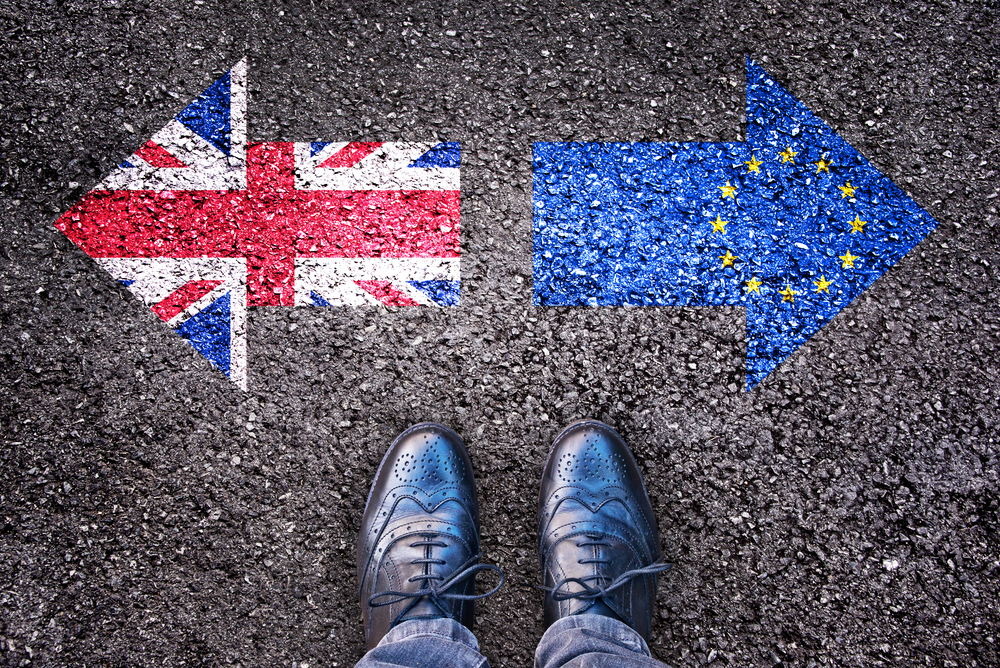
This article first appeared in The Yorkshire Post, 19 July 2016
In Britain, business often prides itself as a voice of reason. Emotion-free and rational it is typically seen as a group that is quick to respond and to adapt to changing situations.
Brexit has put that much mooted agility under significant strain as many in business have struggled to make sense of, or even accept, the vote to leave.
I co-chaired a discussion last week that brought this home when a business leader, not prone to exaggeration, described it as akin to a new “Princess Diana moment” for the nation.
To me that felt like major overreaction. I voted in but I also sense that we now have to move on. That said, there is a lot of hurt and a large body of business opinion apparently not yet ready to pick itself up and brush itself down.
At times the event felt less like a debate and more like a therapy session, with many in the commercial world responding as if to a major trauma. For to them, it is hard to escape the feeling that democracy has failed business, unleashing a colossal act of economic self-harm. Reason has been sacrificed and against that backdrop, the ‘shake it off’ call is falling on deaf ears.
Yet while the economic risk cannot be ignored, the prevailing response from business is as much emotional as rational. Business likes to be liked. Remember that business leaders were more trusted than politicians going into the referendum. These company leaders felt that the common sense they espoused on the case for ‘remain’ would be welcomed. In the event 52 per cent of the nation felt it wasn’t.
Perhaps most important is the perception that the Brexit vote has robbed the nation of a highly intangible asset, namely its ambition. Business sees the vote as a slap in the face to the cosmopolitan values that have welcomed people to these shores and supercharged its success. It’s the Cinderella asset: you don’t know what you’ve got it until it’s gone.
You see this view expressed strongly in the capital markets space. And it gets worse because the vote is seen as having undermined the whole of Europe as an investment destination to the benefit of emerging markets.
In turn, the latest data on commercial property sales and investment decisions postponed signal a tough ride for the economy.
So far, the new Prime Minister has said little on business other than to call out its excesses. But this is going to have to radically change as there is a mindset issue to address.
The first lesson on a winning fight is to go into it believing that you can do so.
Right now, many in business are on the canvas and need to pick themselves up quickly. For, as the former world heavyweight champion, Mike Tyson, is alleged to have said, “they’ve all got a strategy until they get hit.”
We got hit and a lot of people don’t like it. But business needs to bounce back quickly. Britain now needs to make a success of Brexit and business has a leading role to play in making that happen.
The reality is if we are to make a success of life post-EU, these very same people, who currently doubt the most are the greatest hope for our economic future.
That means supercharging self-belief and confronting the sense that somehow we have reached the end of the line. Just this week the UK has seen its biggest ever tech exit, with Arm Holdings acquired by the Japanese firm SoftBank. O2 ranks the UK as fourth of 34 digital economies in the world and stated that the UK economy has the potential to create 2.3 million digital jobs by 2020.
Business can and should get back to doing what it does best: driving the nation’s economic engine, through all weathers. Times have changed but the future is there for the taking.